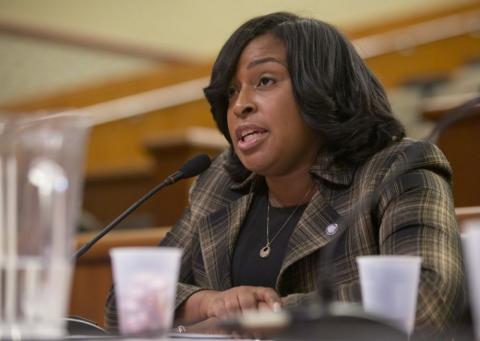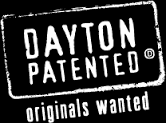Established in 2016 to ensure that the growth of downtown Chicago catalyzes equitable development across the city, Chicago’s Neighborhood Opportunity Fund uses revenue from downtown developments to finance commercial and cultural projects in neighborhoods lacking private investment. The fund aims to support projects that will have a catalytic impact on the neighborhood and lead to the development of new commercial spaces or cultural establishments. Included in the criteria used to select grantees is a project’s impact on community wealth, which includes an assessment of how communities benefit from the project and the extent to which local entrepreneurs, property owners, and residents are included. The Fund’s first round of grants is expected to disburse about $4 million.


